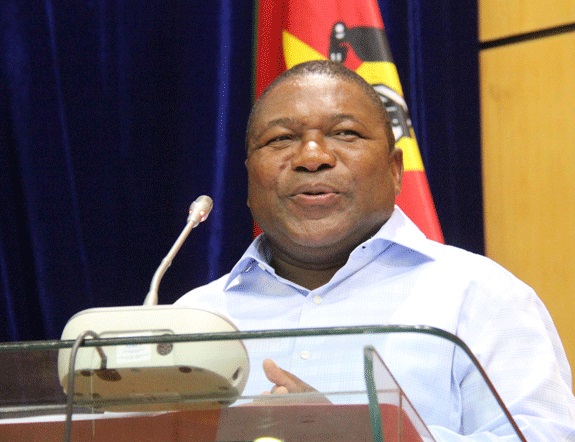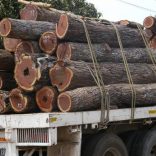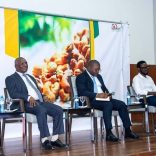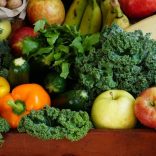Mozambique: State officials allegedly in illegal logging in Nampula province - official
Mozambique needs to improve agricultural marketing strategy – Nyusi

Noticias / President Filipe Nyusi
Mozambican president Filipe Nyusi has argued that Mozambique needs to improve its agricultural marketing strategy, saying that the current model is “essentially reactive”.
Caption – The lack of access roads and heavy rainfall in some parts of the country are often seen as the main difficulties in terms of agricultural production
“It is no secret that we have not yet reached the structuring foundations that can raise our agriculture and trade to the levels that Mozambique really deserves,” the Mozambican head of state said at the opening of the First Agricultural Marketing Forum in Zambézia province, central Mozambique on Friday.
While highlighting “some successes”, Filipe Nyusi said be believed that Mozambique’s agricultural marketing strategies should be aimed at the international market if the country is to maximise its potential.
In highlighting the benefits of a good agricultural marketing plan, the Mozambican head of state stressed that the country’s strategy should also value the domestic market and ensure that no production is lost \due to lack of buyers or poor conservation.
For President Nyusi, the operational plan for agricultural marketing has an obligation to create a transparent system between producers and large buyers, as well as ensuring a link between the market and rural areas.
“It is a national imperative that everyone invests in removing the boulders that hinder the normal flow of agricultural trade,” Nyusi said, reiterating the need for increased investment in exports.
“It needs to be recognised that the marketing model we have been following is essentially reactive and unable to respond proactively to the challenges and expectations of our population,” he noted.
By 2017, Mozambique plans to produce more than 17 million tons of agricultural products.
Zambézia, Tete, Sofala and Manica provinces in the centre of Mozambique and Niassa in the north contribute most to production, mainly of cereals, as a consequence of the rainfall they are receiving after last year, when the agricultural campaign was devastated by severe drought that last year left 1.5 million people in a state of food insecure across the country.
Lack of access roads and heavy rainfall in some parts of the country are often seen as the main difficulties facing agricultural production, which is still largely made up of subsistence farming.












Leave a Reply
Be the First to Comment!
You must be logged in to post a comment.
You must be logged in to post a comment.